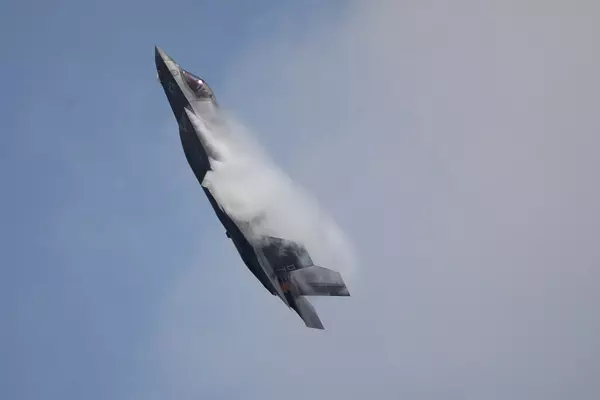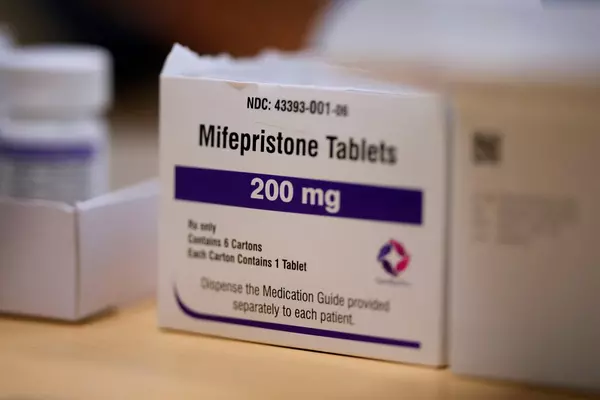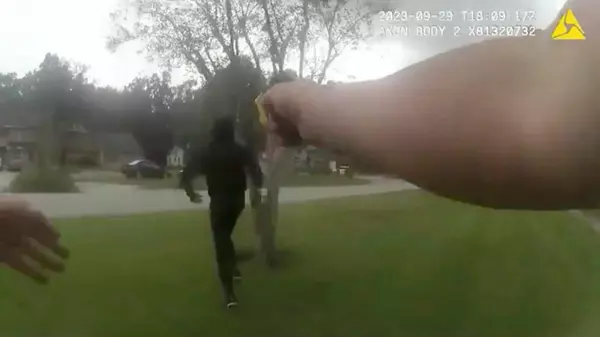Political leaders switching sides after deserting their original parties, turncoats being fielded as candidates, new alliances being formed and caste groups shifting their traditional loyalties present a volatile scenario ahead of the Lok Sabha election in Rajasthan. The desert State is set to witness a tough contest in half-a-dozen of the total of 25 constituencies.
In a surprise move, the Opposition Congress has given as many as six seats to the alliances and turncoats. The party seems to have adopted the strategy of utilising the influence of certain leaders in their respective regions to its advantage by strengthening itself or broadening the platform of the Indian National Developmental Inclusive Alliance bloc.
Twelve of the seats will go to polls in the first phase of election on April 19, which is barely a week away, while the remaining 13 seats – mostly in central and southern Rajasthan – will have the polling in the second phase on April 26. The State capital, comprising Jaipur City and Jaipur Rural segments, will vote in the first phase.
The Congress has given tickets to Bharatiya Janata Party MP from Churu and two-time former BJP MLA Prahlad Gunjal from Kota, after they switched to the party. Rashtriya Loktantrik Party (RLP) leader Ummedaram Beniwal, a close aide of party supremo Hanuman Beniwal, has been fielded as Congress candidate from Barmer.
Mr. Gunjal, a loyalist of former Chief Minister Vasundhara Raje, is giving a tough fight to Lok Sabha Speaker Om Birla in Kota with the claim that the voice of the common party workers is suppressed in the BJP. Mr. Kaswan, who has won the Churu Lok Sabha seat twice since 2014, shifted to the Congress fold after he was denied ticket by the BJP.
The Congress has entered into alliances with the regional parties after a gap of 53 years in Rajasthan. RLP supremo Mr. Beniwal, who won in 2019 in an alliance with the BJP, is the INDIA bloc candidate from Nagaur, which is his stronghold. Similarly, former CPI(M) MLA Amra Ram has been fielded as the INDIA bloc candidate from Sikar, which has been the bastion of Leftist forces for several years.
However, the Opposition party is facing an embarrassment in Banswara-Dungarpur, where it has extended support to Bharat Adivasi Party (BAP) candidate Rajkumar Roat. Youth Congress general secretary Arvind Damor, who filed his nomination as a Congress candidate, has refused to withdraw his papers and decided to stay put in the fray despite his expulsion from the party. This has made the contest triangular at the Lok Sabha seat.
The BJP has given ticket in Banswara to Congress turncoat and an influential tribal leader and former Minister, Mahendrajeet Singh Malviya. The veteran leader’s defection to the BJP in February this year was a major loss for the Congress, though the party expects that Mr. Roat will get a good chunk of votes of tribal communities in the region.
The BJP has inducted a large number of Congress leaders and party workers, mainly belonging to Jat community and Other Backward Classes, at much-publicised events in the run-up to the election. The leaders included former Ministers Lalchand Kataria and Rajendra Singh Yadav as well as those from the influential Mirdha clan. Besides, former External Affairs Minister Jaswant Singh’s son Manvendra Singh returned to the BJP’s fold after five years in Barmer on Friday.
The BJP had won all the 25 seats in the State in the 2014 and 2019 elections. This time, the Congress’s strategy has made the contest tough in the constituencies such as Sikar, Nagaur, Churu, Kota, Banswara, and Barmer. The fight has become interesting in Barmer with independent MLA from Sheo, Ravindra Singh Bhati, 26 – the youngest legislator elected in 2023 – joining the battle for Lok Sabha.
The focus on OBC votes has forced both the major parties to give new assurances and make specific promises for different regions. Unlike during the 2023 Assembly election, Gujjars are not unhappy with the Congress and are likely to vote for the party. Other OBCs, including Jats, Malis, and Kumhars, are also inclined towards the Congress along with Muslims, Scheduled Castes and Scheduled Tribes, while the higher castes seem to be supporting the BJP.
Rajputs, who had overwhelmingly supported the BJP in the Assembly election, are angry with the party following some controversial remarks made by Union Minister Parshottam Rupala in Gujarat recently. The issue is set to make an impact in Gujarat, Rajasthan, and Uttar Pradesh, as the BJP has not acceded to the demand for dropping Mr. Rupala as its candidate from Rajkot.







